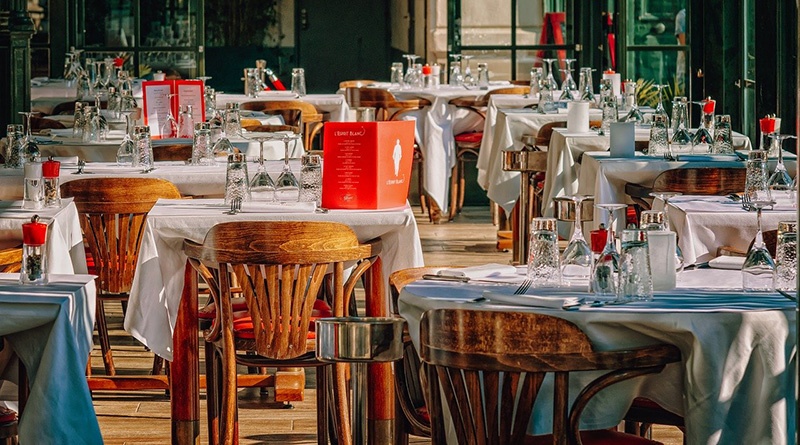WSTA Calls for a Tax Suspension to Stop Businesses Going Bust

The UK’s wine and spirit sector has welcomed government’s pledge to support the hospitality sector and to do “whatever it takes” to help during these extraordinary times.
Today the Wine and Spirit Trade Association is calling on officials to urgently suspend all alcohol duty for a period of at least six months, starting from next week when UK businesses will be landed with their first duty bill following the escalation of the Coronavirus crisis.
If government agree to an immediate duty suspension, for at least 6 months, its actions will save UK wine and spirit businesses an estimated £5.8 billion – and will be particularly welcomed by those pubs and restaurants where on-trade sales of wines and spirits were worth £11.1 billion in 2019 and who are facing the most immediate threat. This cash will be a vital lifeline to help keep companies afloat and people in employment.
The Chancellor’s commitment to extend business rate relief is extremely helpful, however the WSTA is calling for urgent clarification on whether these measures will be extended to those businesses that supply the UK’s pubs, bars and restaurants. The WSTA is also calling on Government to suspend the introduction of any new legislation which will have a cost on UK businesses.
Crucially yesterday’s (Tues) announcement of a support package for hospitality focused on loans for businesses but did not address workers. The WSTA is calling for a comprehensive employment package to support the lifeblood of the hospitality industry and those employed across the UK’s pubs, bars and restaurants.
Miles Beale, Chief Executive for the Wine and Spirit Trade Association said:
“We welcome the Government’s commitment to do whatever it takes to help businesses in these are extraordinary times. The WSTA wants to work closely with government to ensure our industry is heard and the lifelines the Government are promising are swiftly delivered. We are calling on the Government to go further – and faster.
“On 25th March UK wine and spirit companies will be landed with their duty bills, followed six days later on 31st March with their VAT demands. Swift government action to waive excise duty payments for at least six months, starting from next week, would have an immediate impact and can make a real difference. This would allow all hospitality businesses to keep back vital company cash and support their efforts to pay employees and stay afloat.
“We look forward to taking part in the in government’s planned industry roundtables as soon as possible and to supporting a co-ordinated approach to saving the hospitality trade from collapse.”
For Britain’s SME’s, who have more limited cash flow, the need for immediate support is acute.
John Charnock, Managing Partner at Jascots Wine Merchants, said:
“These are incredibly testing times, not just for our great British pubs, bars and restaurants but also for businesses like ours who supply them.
We supply 100% to the on-trade and support a dedicated team of staff, each on above London living wage. The offer of a loan is not enough to help us survive; we need much more to ensure our future. Our duty bill stacks up at around £2.9 million per year. Suspending duty that is due this month for at least 6 months would help to give us the breathing space we need to keep paying our staff and support our business.”
Alex Wolpert, founder of East London Liquor Company, said:
“We wholeheartedly support the WSTA’s call for a suspension of wine and spirit duty. Around 40% of the money paid for a bottle of our spirits goes on duty. If government agreed to put a stop to these tax burdens, for at least six months, it would free up vital cash and give businesses like ours some breathing space and a chance of survival.”
The WSTA’s other key asks from government include:
· Declare a moratorium on introducing new legislation with costs on business
· Allow our pubs, bars and restaurants to sell as if off licences, included in any takeaway deliveries
· Allow distilleries to turn waste alcohol into hand sanitiser without going through a complex technical and bureaucratic process
